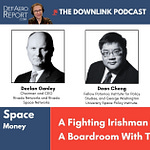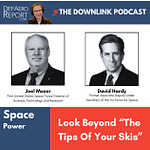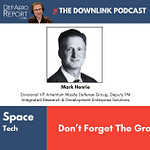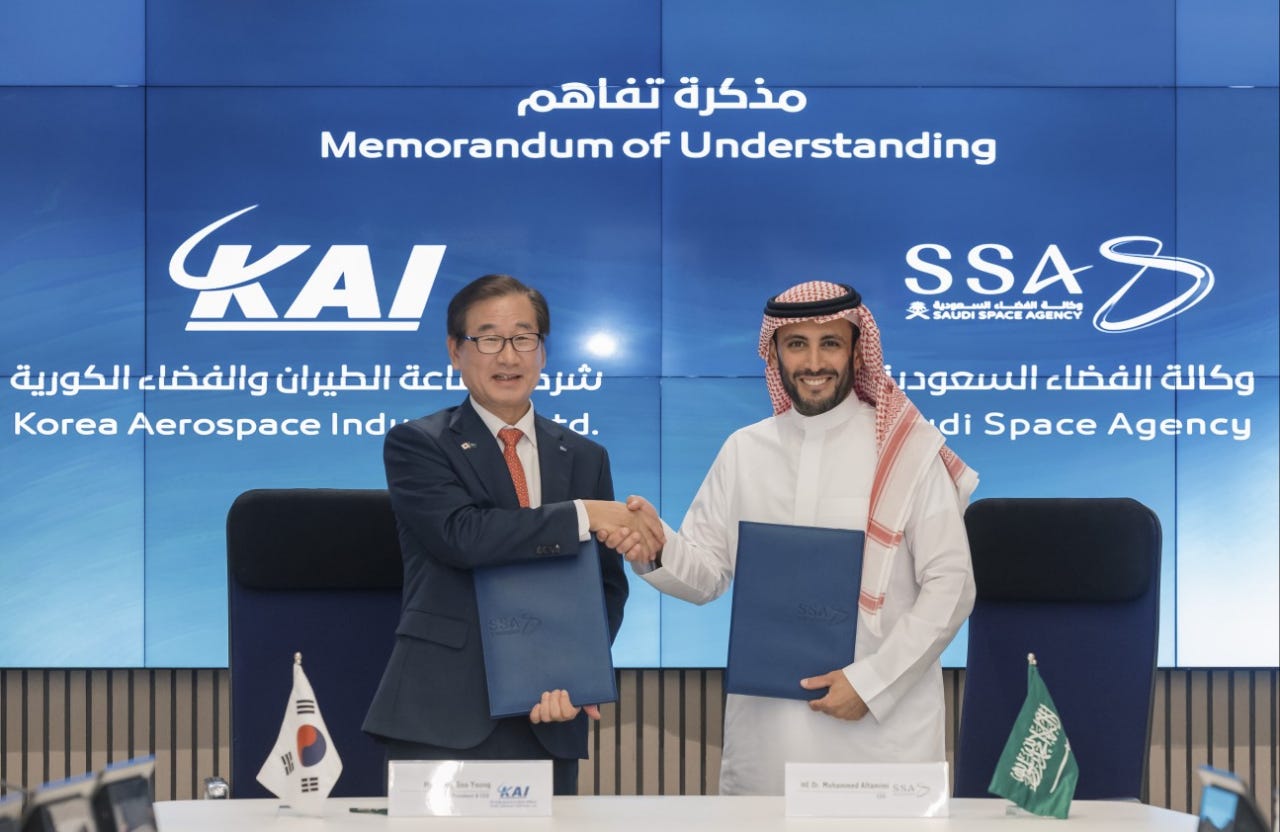
Hello and Happy Halloween!
This week’s episode is about the Republic of Korea’s push to get a seat at the same table as other major space-faring nations, to secure its people from North Korean missiles and lay a foundation for the nation’s space economy aspirations.
Did you know that South Korea is only the seventh nation to natively develop and build a multi-staged rocket powerful enough to launch a satellite weighing at least a ton into orbit? And then you might assume that since South Korea is a staunch U.S. ally, that somehow NASA had a hand in it… But if you did, you’d be wrong.
Because of necessary U.S. regulations intended to keep missile technology - a.k.a. rockets and more - secure and secret, the R.O.K had to take another path. For decades it partnered with Russia’s Roscosmos, which sent the first Korean citizen to space.
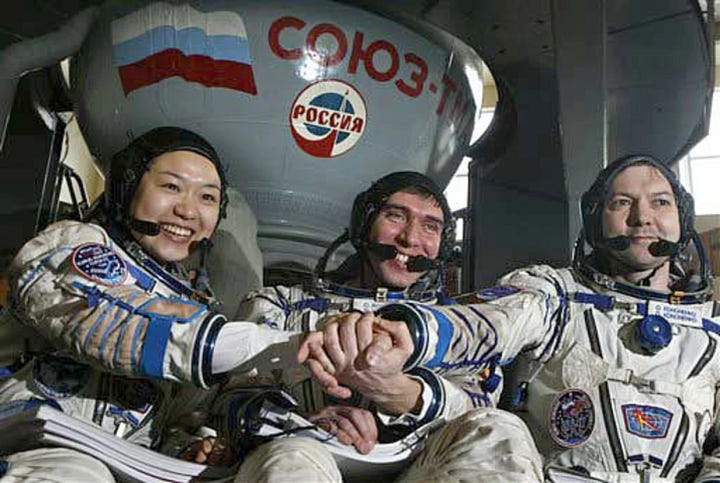

Well, since Russia’s latest invasion of Ukraine, the two nation’s are no longer space buddies. Earlier this month South Korea's Ministry of Science and Information and Communication Technology cancelled two launch contracts with Roscosmos that were intended to put the Korea Multipurpose Satellite 6 and the Compact Advanced Satellite 500-2 into orbit.
The South Korean ministry, in the language of officialese, cited Russia’s unprovoked war in Ukraine and sanctions. While those were definitely factors, you can’t dismiss the fact that a few week’s prior to the announcement, Russian President Putin dangled Russia’s space launch jewels - again, read missile technology - in the face of South Korea’s sworn enemy, North Korea’s Supreme Leader Kim Jong Un, for arms at a September meeting at the Vostochny Cosmodrome.
But hey, the South Koreans have got options for service suppliers and have their own space technology to sell to strategic oil-producing customers. The Korea Multipurpose Satellite 6 is already booked for launch aboard an Arianespace Vega-C rocket, set to launch in December 2024. Last week during South Korea’s state visit to the Saudi Kingdom, the Saudi Space Agency signed a memorandum of understanding with Korea Aerospace Industries (KAI), “to enhance innovation in the space sector, explore investment opportunities, and promote the growth of space technologies.”
I mention oil because S&P Global counts South Korea as the fourth biggest crude oil importer in the world and East Asia’s top petroleum products exporter. In 2022 the R.O.K. spent US$2.31b on Russian crude oil imports, according to the United Nations COMTRADE database on international trade. This year South Korea’s refineries haven’t processed a drop of Russian oil while relying on Middles Eastern nations, like Saudi Arabia, to make up the difference.
Who’s in this episode
Sam Wilson - Senior Policy Analyst for the Center for Space Policy and Strategy at The Aerospace Corporation
Want a little more background?
Sam Wilson and Nicholas Wood’s August country brief on South Korea really digs into the details, including the history of the nation’s space development programs, its future aspirations, and the policy context.
Near to the time of the above brief’s release, U.S. President Joe Biden hosted a security summit at Camp David with Japan’s Prime Minister Fumio Kishida and South Korea’s President Yoon Soek-Yeol. This is “The Spirit of Camp David: Joint Statement of Japan, the Republic of Korea, and the United States”, wherein space is more than merely mentioned.
What I found interesting is the fact that President Yoon clearly linked space and defense during his 2022 presidential campaign, which you can read about in this piece from The Korea Herald’s Ji Da-gyum, “Yoon Suk-yeol pursues ‘peace through strength’ on the Korean Peninsula”.
“A Space Race on the Korean Peninsula” from Reuter’s reporter Josh Smith is a very quick, but clear, overview with good graphs and graphics. I’m using the VOA link because it’s not behind a paywall.
And yes. Space Force has a footprint in South Korea. You can read about it here in this press release, “Space Force activates component field command for U.S. Forces Korea”.
“Developing the Direction of Military Space Capabilities in South Korea” is a paper out of the U.S. Air Force Air University’s Journal of Indo-Pacific Affairs, authored by three South Korea Air Force officers, Lt Col Chongsoo Byun, Maj Taeju Ahn, Maj Soonwoo Choi, and Dr. Roger Handberg.
And lastly and for irony’s sake… That cosmodrome that Putin took Kim to? Well, its construction is years behind schedule and plagued by corruption according to AP’s non-bylined piece, “Russian spaceport visited by North Korea’s Kim has a history of corruption and construction delays”.
And as you made it this far…
Here’s a real trick or treat from The Onion, titled “Kim Jong Il Announces Plan To Bring Moon To North Korea”. Watch it. You won’t regret it. And thank you Sam Visner for sharing it with me.
Ad Astra,
Laura







